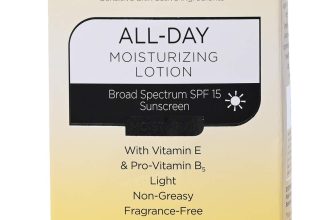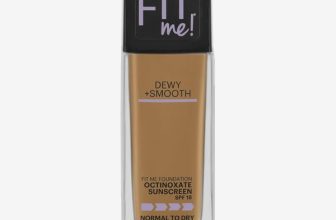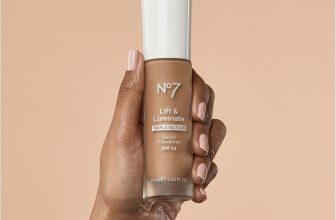Best Face Care for Sensitive Skin: Top Gentle Solutions
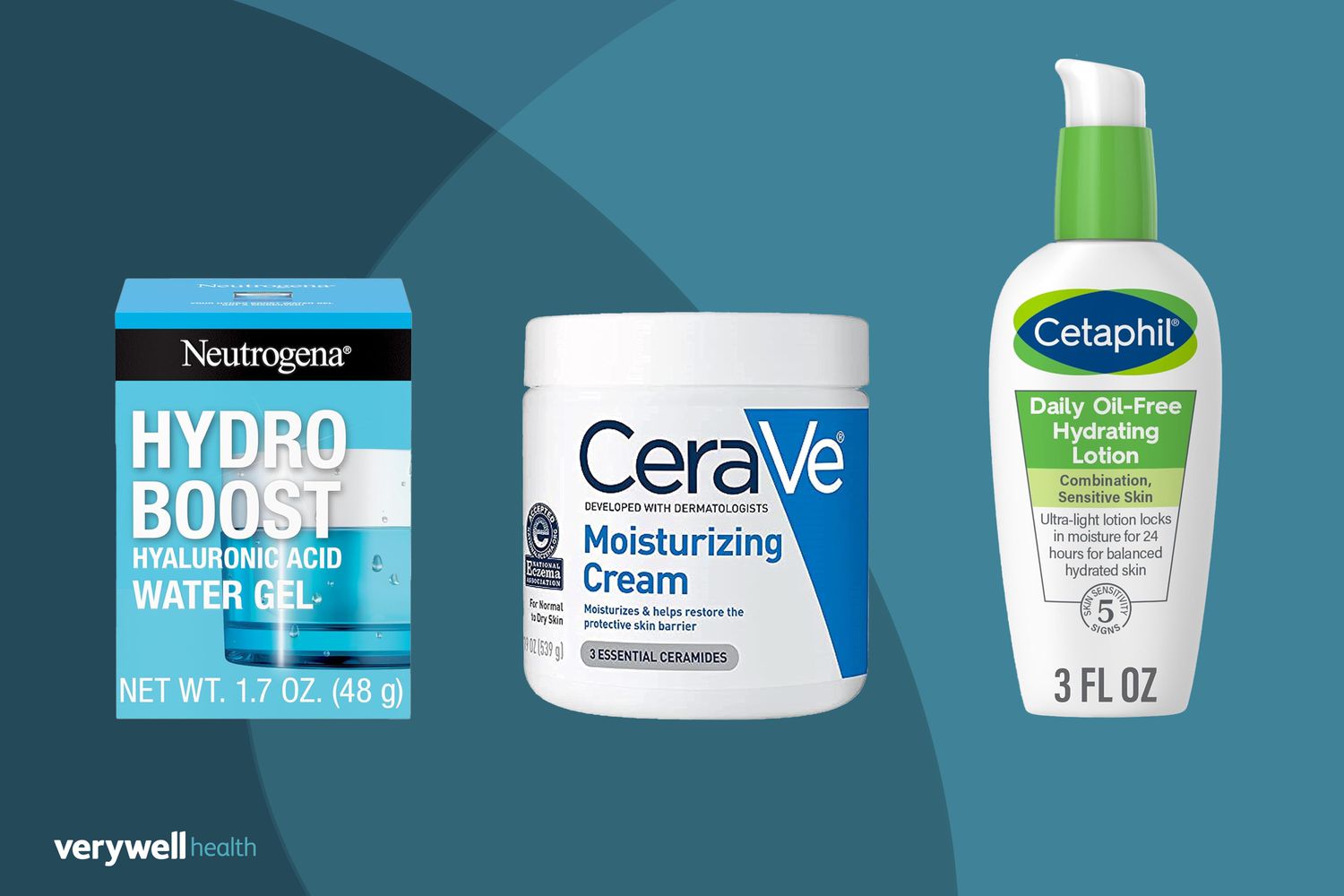
The best face care for sensitive skin includes gentle, fragrance-free cleansers, moisturizers, and sunscreen. Always choose products with soothing ingredients like aloe vera, chamomile, or hyaluronic acid.
Sensitive skin requires special attention and care to avoid irritation. Many products on the market can exacerbate skin issues, leading to redness, dryness, or breakouts. Selecting the right skincare routine is crucial for maintaining a healthy complexion. Opt for formulations that are free from harsh chemicals and allergens.
Look for those labeled as hypoallergenic and dermatologist-tested. Incorporating soothing ingredients can help calm and nourish sensitive skin. Establishing a simple routine with minimal products can prevent overwhelming your skin, keeping it balanced and radiant. Prioritizing the right products ensures your skin feels comfortable and looks its best.
Identifying Sensitive Skin
Identifying sensitive skin involves recognizing its common characteristics. People with this skin type often experience redness, itchiness, or burning sensations. Skin may feel tight or dry after washing. Flakiness and rashes can also occur.
Several triggers can worsen sensitive skin. Harsh soaps and cleansers should be avoided. Extreme temperatures can lead to irritation. Allergens like pollen or dust mites may cause reactions. Fragrances in products can also be problematic.
Using gentle and hypoallergenic products is essential. Always patch-test new products. A good skincare routine can help manage sensitivity effectively.
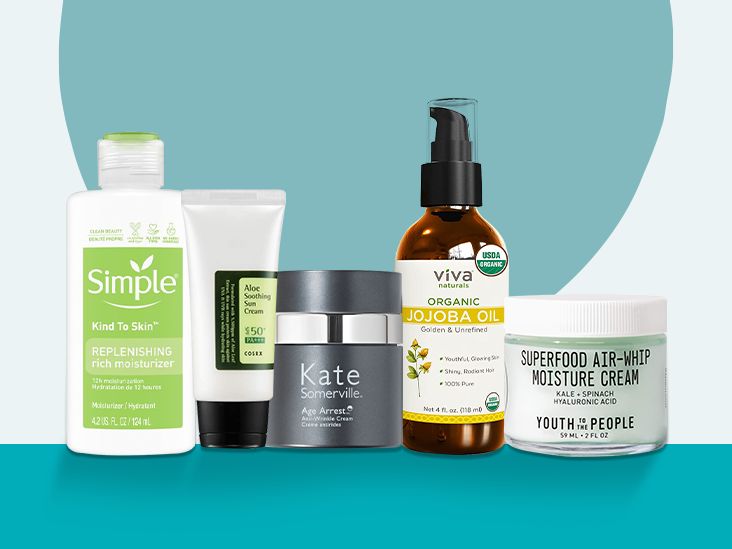
Credit: www.healthline.com
Sensitive Skin Challenges
Sensitive skin Best Face Care for Sensitive Skin often faces irritation and redness. Many factors can cause these issues, like weather changes and harsh products. It’s important to choose gentle products that soothe the skin.
People with sensitive skin should avoid strong fragrances and alcohol. These ingredients can worsen irritation. Opt for fragrance-free and alcohol-free options instead.
Dealing with dryness is another challenge for sensitive skin. Use a hydrating moisturizer daily to keep skin soft. Look for products with ceramides and hyaluronic acid to help lock in moisture.
Wearing a sunscreen is essential too. Choose a mineral sunscreen for sensitive skin. It provides protection without causing irritation.
Gentle Cleansing Routines
Choosing the right cleanser is vital for sensitive skin. Look for gentle formulas without harsh chemicals. Fragrance-free options are best to avoid irritation. Creamy cleansers often soothe dry skin effectively. Consider gel-based cleansers if your skin feels oily.
Use lukewarm water while washing your face. This helps to keep your skin’s natural oils. Pat your skin dry with a soft towel. Rubbing can cause redness and irritation. Always cleanse your face twice a day for best results.
Be gentle with your technique. Use circular motions for a soft touch. Avoid scrubbing or using rough cloths. A little goes a long way, so use a small amount of cleanser.
Soothing Moisturizers
Choosing the right moisturizer is key for sensitive skin. Look for products that offer hydration without harm. The best ingredients can soothe and protect your skin.
Here are some ingredients to look for:
| Ingredient | Benefits |
|---|---|
| Aloe Vera | Soothes irritation and hydrates the skin. |
| Shea Butter | Provides deep moisture and helps restore skin barrier. |
| Jojoba Oil | Mimics skin’s natural oils and balances moisture. |
| Chamomile | Reduces redness and calms inflammation. |
| Oat Extract | Repairs the skin and relieves dryness. |
Sun Protection For Sensitive Skin
Choosing the right sunscreen is crucial for sensitive skin. Two main types exist: physical and chemical sunscreens. Physical sunscreens use zinc oxide or titanium dioxide. They sit on the skin’s surface and reflect UV rays. Chemical sunscreens absorb UV rays and convert them into heat. They may cause irritation for some people.
Application is key for effectiveness. Apply sunscreen 30 minutes before sun exposure. Use a generous amount on all exposed skin. Reapply every two hours, especially after swimming or sweating. Look for products labeled “fragrance-free” and “hypoallergenic” to minimize irritation. Always perform a patch test before trying a new product.
Credit: www.businessinsider.com
Nourishing Masks And Treatments
Choosing the right masks is key for sensitive skin. Here are some types of masks:
- Hydrating Masks: These help restore moisture.
- Calming Masks: Great for reducing redness and irritation.
- Exfoliating Masks: Use carefully to avoid irritation.
- Sheet Masks: Easy to use and very effective.
Frequency of use is important for sensitive skin. Use hydrating masks once or twice a week. Calming masks can be used more often, especially during flare-ups. Exfoliating masks should be used sparingly, about once every two weeks. Always listen to your skin and adjust accordingly.
Minimizing Makeup Irritation
Choosing the right hypoallergenic products is crucial for sensitive skin. These products reduce the risk of irritation. Look for items labeled as fragrance-free and non-comedogenic. They help keep your skin calm and healthy.
Removing makeup gently is very important. Use a soft, damp cloth or cotton pad. Avoid rubbing too hard on your skin. Opt for a gentle makeup remover that soothes sensitive areas. Look for natural ingredients like aloe vera or chamomile. These help to cleanse without causing harm.
Lifestyle Factors That Impact Sensitive Skin
Diet plays a huge role in sensitive skin health. Foods rich in antioxidants can help reduce irritation. Include fruits, vegetables, and nuts in your meals. Avoid processed foods, sugar, and dairy. They can trigger skin reactions.
Stress can make sensitive skin worse. High stress levels lead to skin flare-ups. Find ways to manage stress effectively. Simple techniques include deep breathing, yoga, or meditation. Regular exercise also helps lower stress levels. Make time for activities that you enjoy.
Professional Care For Sensitive Skin
Sensitive skin requires special attention. Seeing a dermatologist can help with skin issues. Visit a dermatologist if redness, itching, or burning occurs. Professional care can provide tailored treatments for sensitive skin.
Common procedures include:
| Procedure | Description |
|---|---|
| Patch Testing | Identifies allergens causing reactions. |
| Prescription Creams | Helps reduce inflammation and irritation. |
| Laser Therapy | Reduces redness and improves skin texture. |
| Chemical Peels | Gently exfoliates to reveal healthier skin. |
Building A Sensitive Skin Care Routine
Building a sensitive skin care routine is essential for healthy skin. Follow these daily steps:
- Start with a gentle cleanser to remove dirt.
- Apply a soothing toner to calm the skin.
- Use a lightweight moisturizer to hydrate without clogging pores.
- Don’t forget sunscreen to protect against UV rays.
Adjusting to seasonal changes is important for sensitive skin. Here are some tips:
- In winter, use thicker creams to prevent dryness.
- In summer, switch to lighter formulas to avoid greasiness.
- Always choose fragrance-free products to reduce irritation.
:max_bytes(150000):strip_icc():focal(1999x0:2001x2)/peo-group-shot-face-moisturizer-dry-skin_tstaples_891-1-6182ea1f8f644614a49f72fd15e542a1.jpeg)
Credit: people.com
Frequently Asked Questions
What Is The Best Face Care Routine For Sensitive Skin?
The best routine includes gentle cleansing, hydrating, and sun protection. Use fragrance-free products with soothing ingredients like aloe vera and chamomile. Always patch-test new products to avoid irritation. Aim for a minimalist approach to keep your skin calm and balanced.
How To Choose Products For Sensitive Skin?
Select products labeled “sensitive skin” or “hypoallergenic. ” Look for natural ingredients and avoid harsh chemicals, fragrances, or dyes. Always check reviews and consult dermatologists for recommendations. Prioritize moisturizers with calming properties to maintain skin hydration and reduce redness.
Can Sensitive Skin Use Exfoliants?
Yes, but with caution. Choose gentle exfoliants like lactic acid or enzymatic peels. Avoid physical scrubs that can irritate sensitive skin. Limit exfoliation to once a week to prevent over-exfoliation and maintain your skin’s barrier. Always follow up with soothing moisturizers.
What Are Common Triggers For Sensitive Skin?
Common triggers include harsh weather, certain skincare ingredients, and allergens. Stress, pollution, and certain fabrics can also contribute. Monitor your skin’s response to different products and environments. Keeping a diary can help identify specific triggers for better management.
Conclusion
Finding the best face care for sensitive skin is essential for maintaining a healthy complexion. Choose products with gentle ingredients that soothe irritation. Always patch-test new items to avoid reactions. Prioritizing hydration and protection will keep your skin balanced. With the right care, sensitive skin can thrive beautifully.



